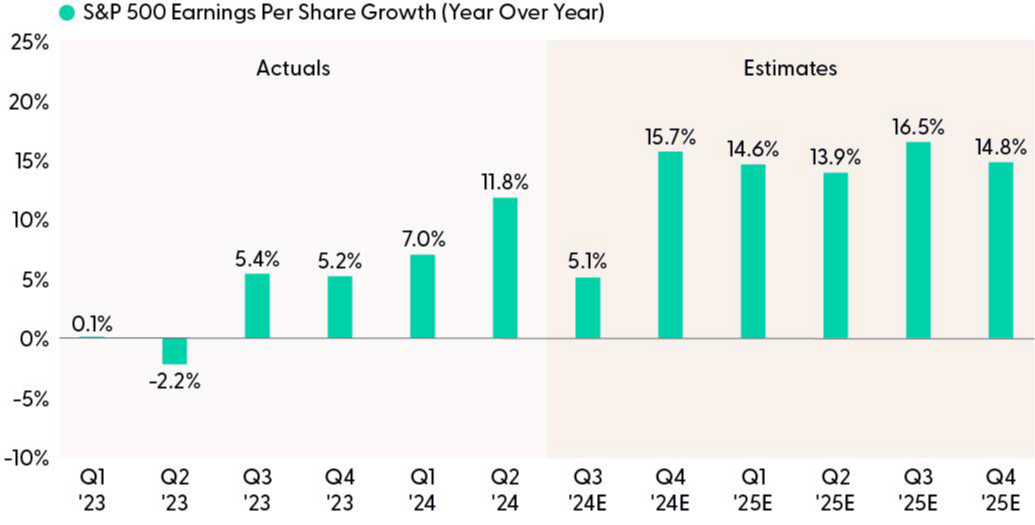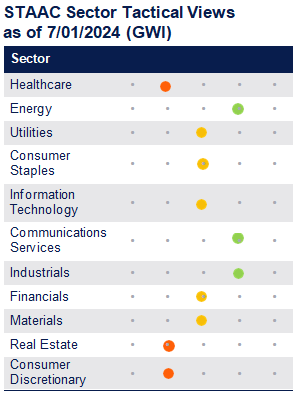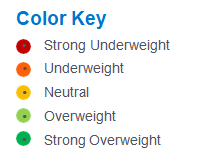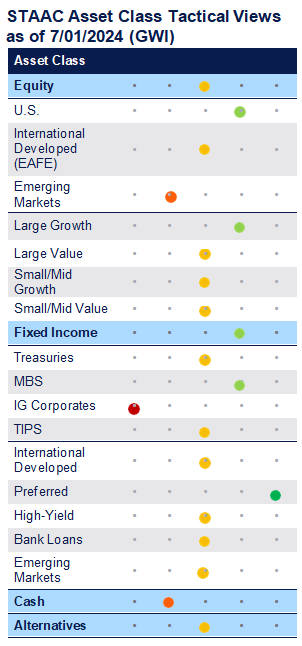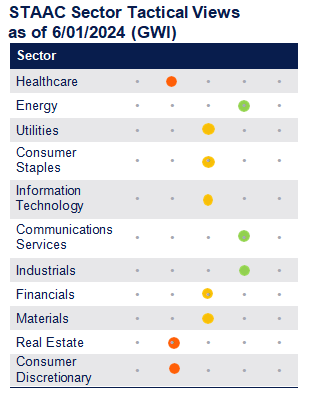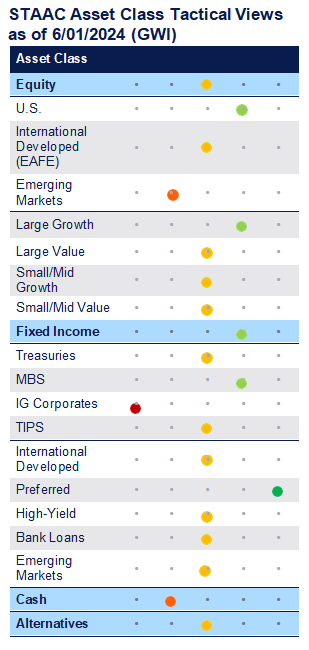In December 2023, Vladimir Putin declared that the 2024 BRICS Summit, hosted by Russia, would be focused on establishing a “fair world order” based on shared principles. At the core of Putin’s goals for stronger BRICS economic integration is a longstanding and overriding objective to provide a viable alternative to the West’s global hegemony in nearly all facets of political, military, economic, financial, and security affairs.
Challenging Western Dominance
Creating a common currency designed to curtail — and displace – the dominance of the U.S. dollar as the world’s reserve currency has been a central theme when the BRICS Summit was formalized in 2009 with initial founding membership of Brazil, Russia, India, and China. Today, the dollar remains the commanding currency in global transactions, involved in an overwhelming number of exchanges, although a growing number of dealings involve the euro.
Putin has recently called for BRICS to establish a “safer and harmonious world” with a goal towards creating its own parliament.
Today, BRICS as an intergovernmental organization is comprised of Russia, China, India, Brazil, South Africa, Egypt, Ethiopia, Iran and United Arab Emirates. Saudi Arabia, due to join formally in January 2024, has not yet declared its official membership, while rumors persist that North Korea is seeking affiliation. Argentina was also invited to join, although newly elected President Javier Milei has made it clear the nation will not be joining in the near-term.

